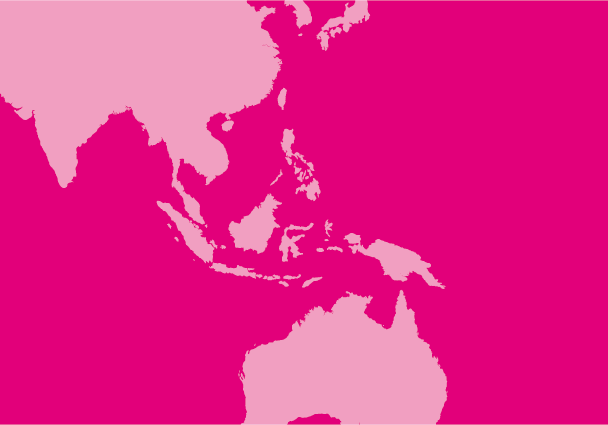The ICJ said today that it is extremely concerned about death threats against leaders of Thailand’s Confederation for Democracy.
Opposition leader Chamlong Srimuang, opposition Member of Parliament Chaiwat Sinsuwong, student leader Parinya Thevanaruemitkul and “angel of the slums” Prateep Ungsongtham Hata are among the pro-democracy activists who told the ICJ that they have received telephoned threats, Many of them said that they are moving from place to place in fear of “anything untoward happening to them or their families”.
The ICJ sent a mission to Thailand at the height of the disturbances in May to investigate human rights abuses. A final report by the two observers – Malaysian advocate Param Cumaraswamy and David Hallmark, a solicitor of the Supreme Court of England – will be released shortly.
The mission obtained figures from hospital and NGO centres on the casualties from the demonstrations of 17-20 May. According to these figures, 52 people were killed, 789 were wounded and 775 are still missing. The Interior Ministry has said that 40 people died, 669 were injured and 300 are still missing. The ICJ is deeply concerned about eyewitness statements that military officers were seen dragging bodies away and putting them into military trucks.
The mission said that accounts from eyewitnesses, injured victims and video recordings indicate that soldiers shot directly at the crowd during the protests. No soldiers are reported to have been shot at by the crowd.
The mission received statements from the commanders of troops that had cleared the site of the demonstrations and met with General Suchinda Kraprayoon hours before he resigned as Prime Minister. During their stay, they saw military leaders, opposition leaders Cham long Srimuang and Chavalit Yongchaiyut, pro-democracy activists, members of non-governmental organizations and spoke to some of the wounded in hospital.
The International Commission of Jurists (ICJ), headquartered in Geneva, is a non-governmental organization in consultative status with the United Nations Economic and Social Council, UNESCO, the Council of Europe and the OAU. Founded in 1952, its task is to defend the Rule of Law throughout the world.




